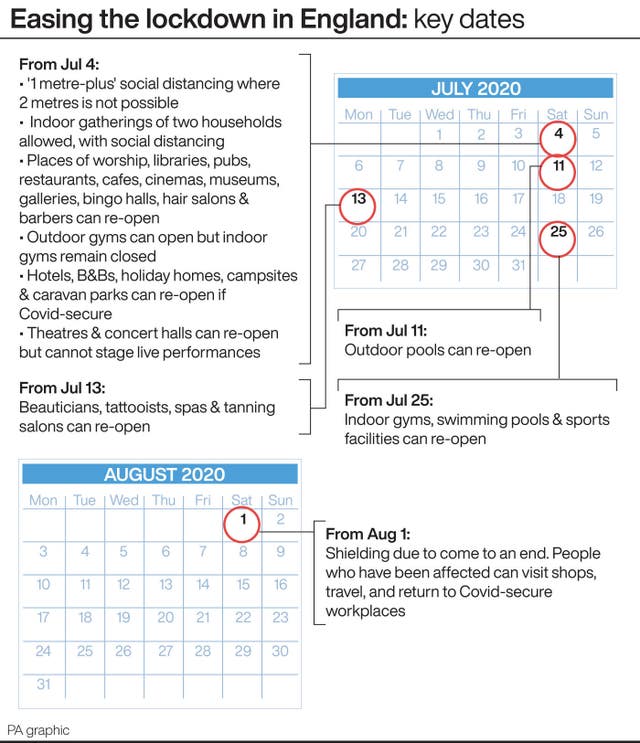The R number in England – that is the rate at which the infection is spreading – has risen this week since the government eased lockdown. It’s now estimated at between 0.8 and 1.1 with regional variations. It was between 0.8 and 0.9 in England last week.
If the R number surpasses 1, it means the number of infections will increase exponentially. In the South West region, where the upper limit was 1 last week, it has now risen to 1.1 according to data from the government’s Scientific Advisory Group for Emergencies (SAGE).
Meanwhile, restrictions on public transport are reportedly set to be eased as the government urges people to return to work.
Reboot the economy
Current guidance for England states that people should consider “all other forms of transport” before using trains, tubes, buses and trams. But the Sunday Telegraph said ministers are preparing to ease restrictions to encourage people to return to work. The intention is to help reboot the economy.
Face masks are compulsory on public transport, although Boris Johnson has yet to confirm if they’ll be made mandatory in shops as well. Johnson said on Friday 9 July that he wanted people to go back to work “if they can”. This is a major shift from the government’s policy of urging people to work from home where possible. The prime minister said:
I think everybody has sort of taken the ‘stay at home if you can’ – I think we should now say, well, ‘go back to work if you can’. Because I think it’s very important that people should try to lead their lives more normally.
Transport operators have suffered financial losses as the coronavirus (Covid-19) restrictions dramatically drove down passenger numbers. The government gave Transport for London £1.6bn to continue running services after a collapse in revenue in May.

A Whitehall source told the Sunday Telegraph:
It is costing a great deal of money to run all these train services with so few people on them…
There is some debate about how best to get the message across that the Government wants to allow more people to travel.
The paper said the Department for Transport had begun discussions with transport operators about the best way to allow people to return to using public transport networks safely.
Number of deaths
Meanwhile, the Department of Health and Social Care (DHSC) said another 148 people had died in hospitals, care homes and the wider community after testing positive for coronavirus in the UK as of 5pm on 9 July. This brings the official total to 44,798.
However, the government figures do not include all deaths involving coronavirus across the UK. The total number is thought to have passed 55,000.

















